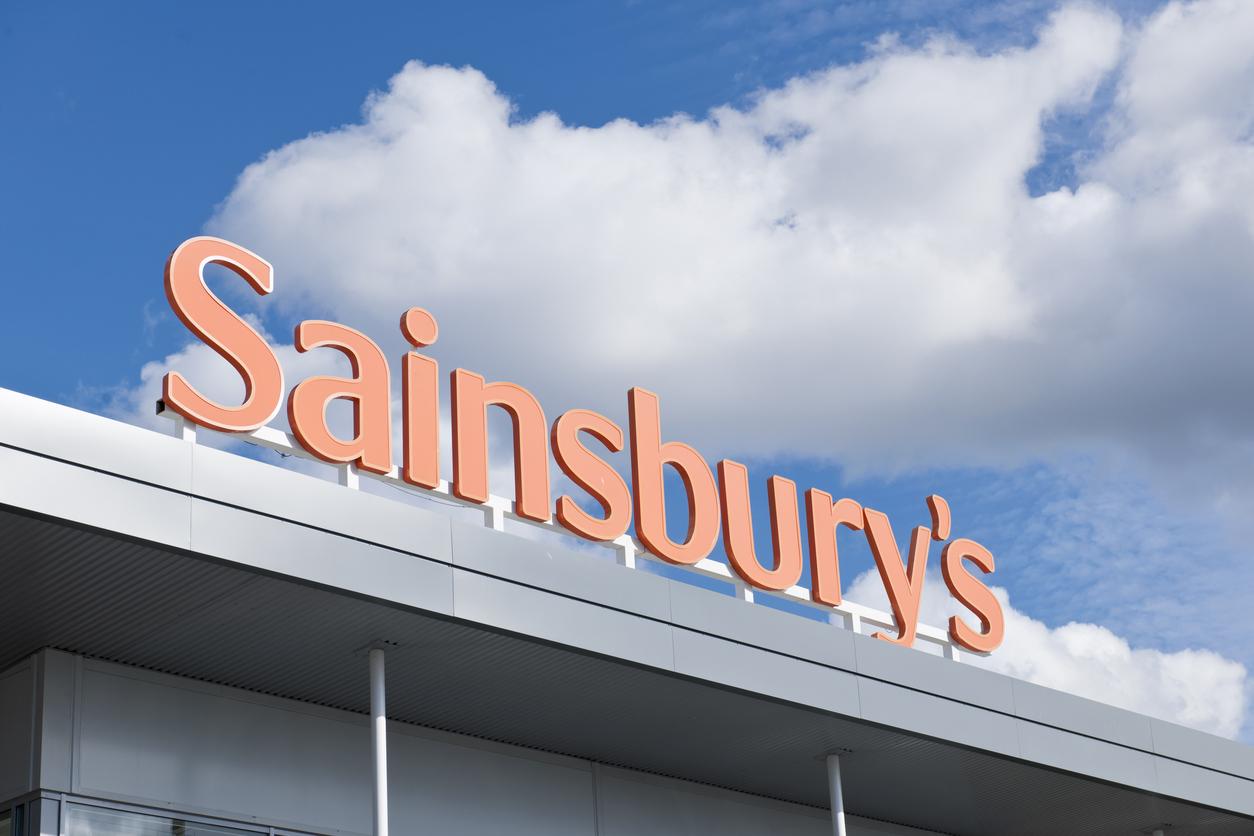Sainsbury's 'Fairly Traded' tea likely to confuse shoppers into thinking it's Fairtrade, says watchdog
Supermarket's own ethical designation is not certified by the Fairtrade Foundation

The Sainsbury’s “Fairly Traded” brand is likely to confuse customers into thinking that it is part of the Fairtrade scheme when it is not, the advertising watchdog has said.
The Advertising Standards Agency told the supermarket to demonstrate more clearly that its “Fairly Traded” tea was not certified by the Fairtrade Foundation, after a complaint that it was misleading shoppers.
Sainsbury’s sparked widespread outrage among NGOs and consumers when it launched “Fairly Traded” tea last summer. Campaigners said that the “untested model” of self-certification, which is administered by the supermarket, may not deliver the same benefits to producers as the widely recognised Fairtrade scheme.
The ASA said the Fairtrade brand was the most well-known scheme for ensuring producers receive a fair price, whereas consumers might not know about the existence of other, similar schemes.
“We considered the fact that their own-brand products using two different fair trade schemes was likely to cause confusion for consumers, who might assume that the packaging was using ‘Fairly Traded’ as a descriptive term to convey that it was part of the official Fairtrade scheme, rather than that ‘Fairly Traded’ was itself the name of a separate scheme run by Sainsbury’s,” The ASA said on Wednesday.
“Because we considered the ad did not make sufficiently clear that ‘Fairly Traded’ related to a separate scheme run by Sainsbury’s, we concluded that the ad was misleading.”
Under “Fairly Traded”, funds paid to local producers are managed by the Sainsbury’s Foundation, which works with the farmers to create “action plans” for how to use the premium.
Michael Gidney, chief executive of the Fairtrade Foundation, said that this would not meet Fairtrade’s core principles, particularly in the area of “producer empowerment”.
Labour MP Stella Creasy complained that the “Fairly Traded” logo misleadingly suggested a connection to the Fairtrade scheme.
Sainsbury’s disagreed, saying it had never claimed a link to the Fairtrade Foundation or Fairtrade International. Sainsbury’s says that it had made the decision to start its own fair trade brand because the existing certification system was “not bringing as much benefit to farmers as it could”.
Daniel Hale, head of campaigns at the development agency Cafod, which campaigned for Sainsbury’s to rethink its decision to move away from Fairtrade, said: “Sainsbury’s has always been a massive supporter of Fairtrade, but its pilot ditching Fairtrade on its own-brand tea risks undermining the fantastically successful Fairtrade certification scheme.
“They’re putting a lifeline for farmers at risk. It also confuses consumers and I’m pleased the ASA agrees.
He added: “We want Sainsbury’s to do the right thing here by listening to its customers, reversing this unpopular decision and putting the Fairtrade mark back on its own-brand tea.”
A Sainsbury’s spokesperson said: “We’re pleased the ASA recognises the high ethical standards of our Fairly Traded tea pilot. We note their comments about the online advert, and this has been updated accordingly.”
What is ‘Fairly Traded’?
Sainsbury’s has launched its own ethical certification scheme which is supposed to ensure that producers in relatively poor countries receive a fair price.
It follows other big firms such as Cadbury, which pulled out of the Fairtrade scheme in 2016 and created its own “Cocoa Life” certification.
Critics argue that schemes run by the people they are certifying have an inherent conflict of interest and can never be truly independent.
However, brands say that they will deliver all of the benefits of Fairtrade and more.
Sainsbury’s’ says its Fairly Traded standard is independently audited and “reflects the ten principles of Fair Trade”. These include respect for the environment, opportunities for disadvantaged producers and guarantees of fair payment.
A fact sheet published by the company states that the scheme will ensure farmers receive at least the same amount as they would under Fairtrade.
It also says training will be provided on the latest agricultural techniques, along with other support.
However, it has not provided details of the standards that Fairly Traded will uphold.
Subscribe to Independent Premium to bookmark this article
Want to bookmark your favourite articles and stories to read or reference later? Start your Independent Premium subscription today.

Join our commenting forum
Join thought-provoking conversations, follow other Independent readers and see their replies